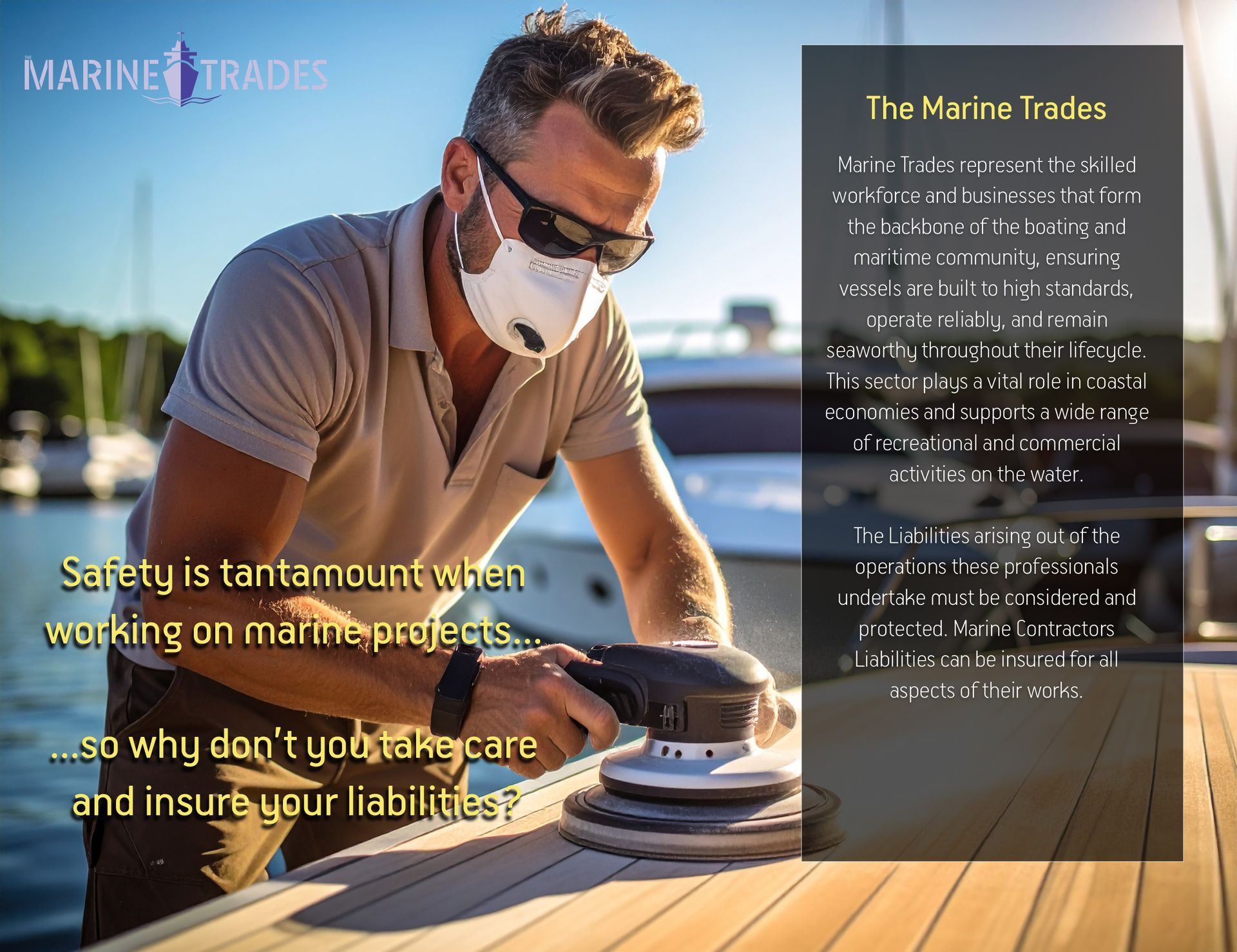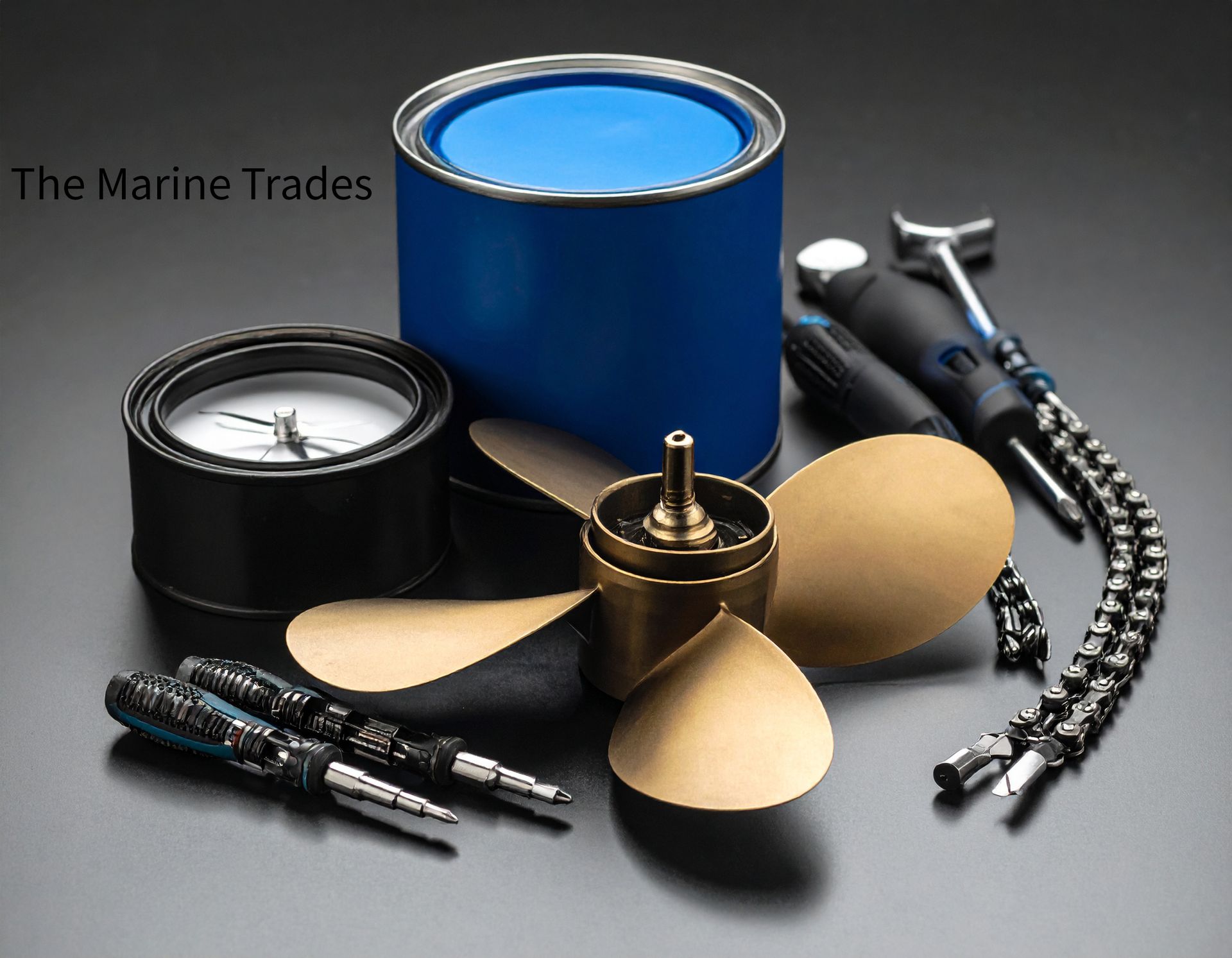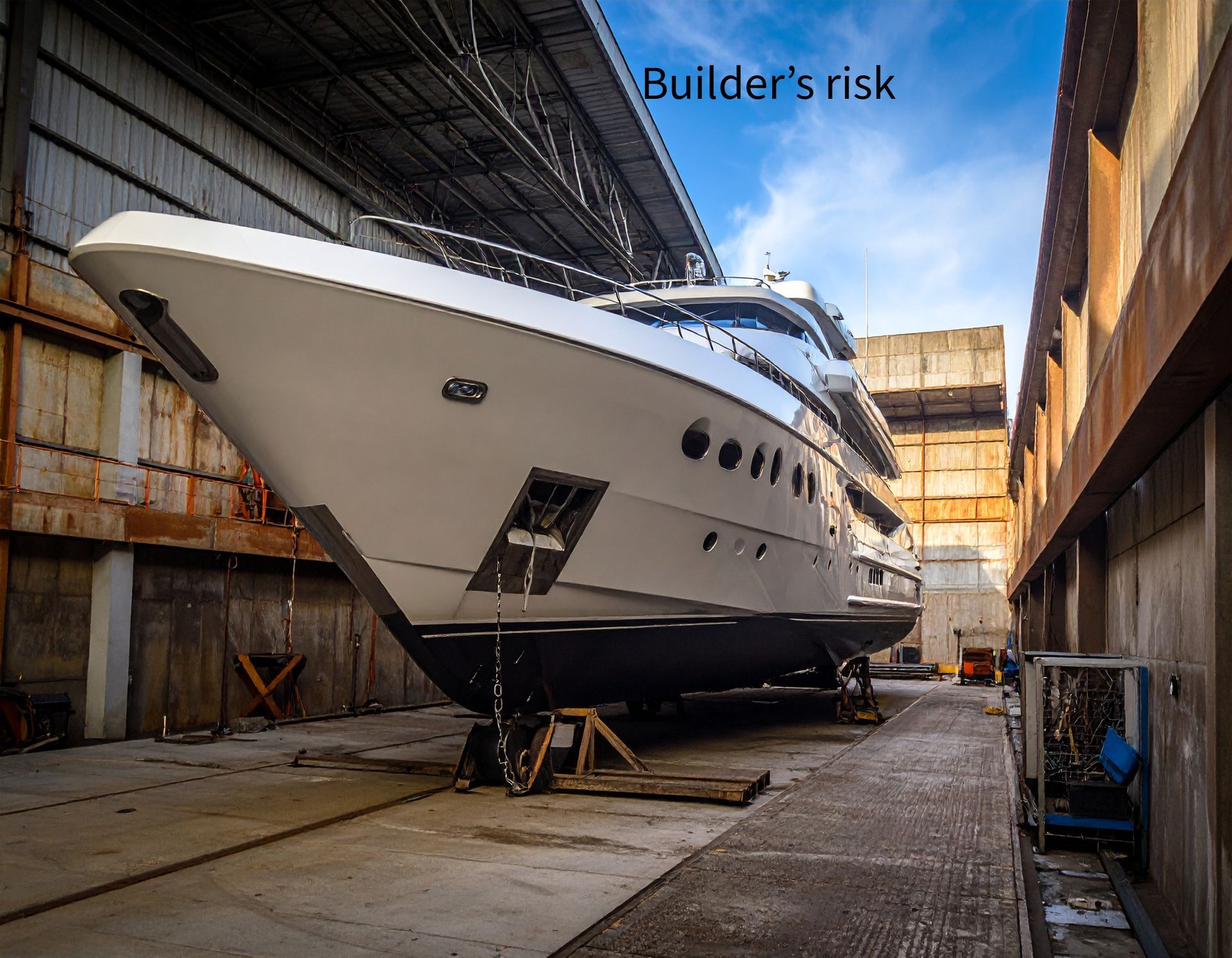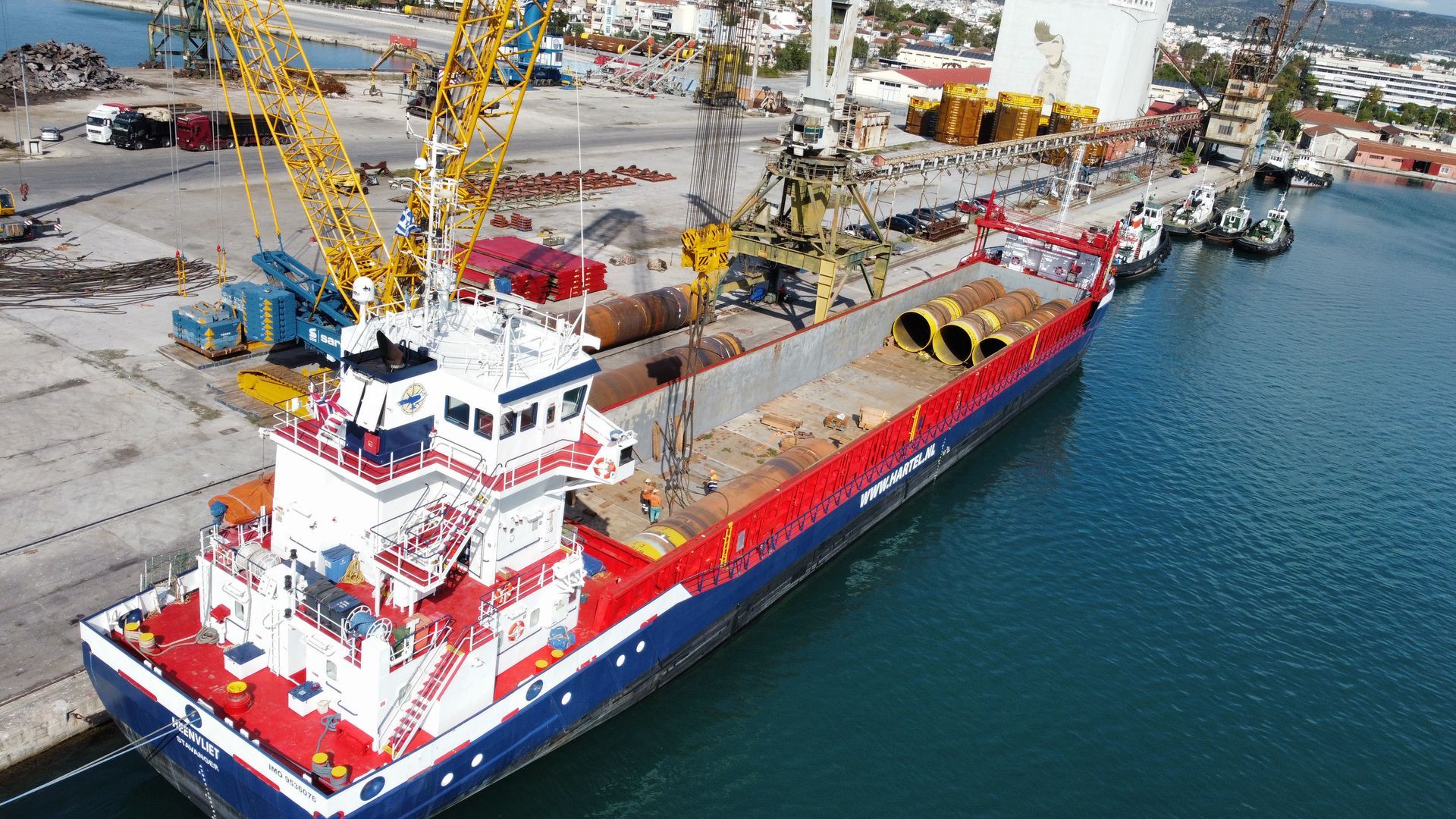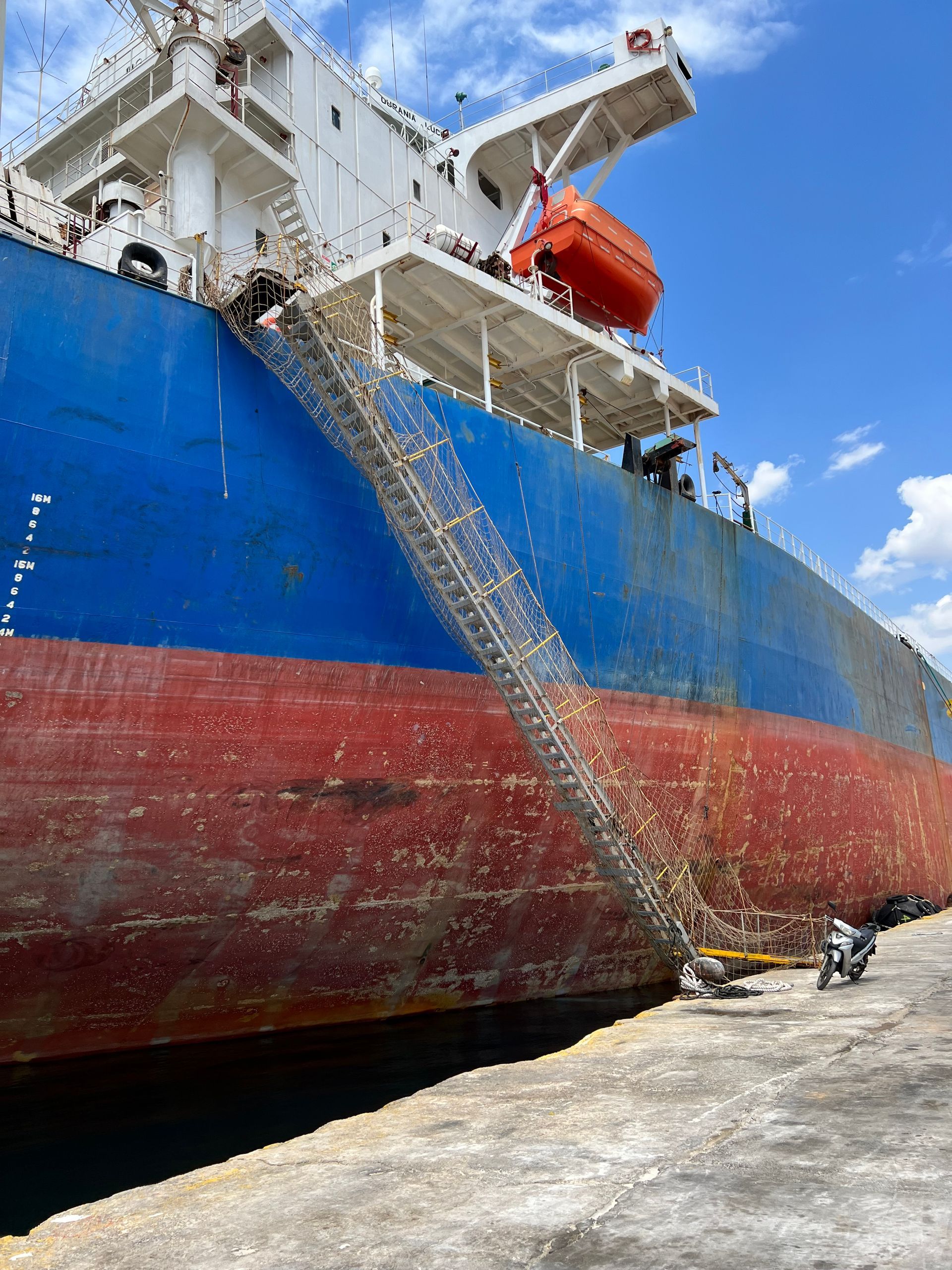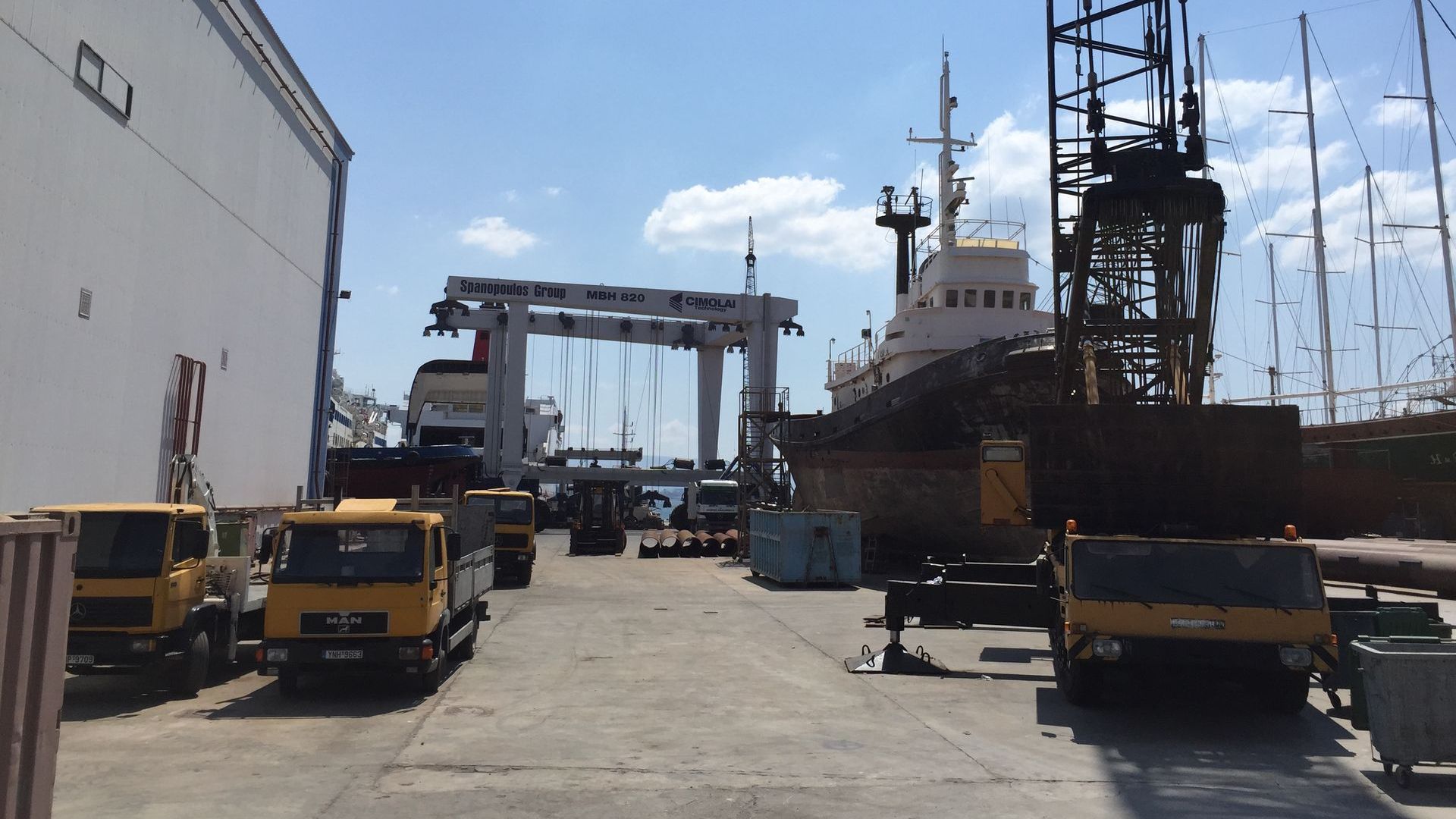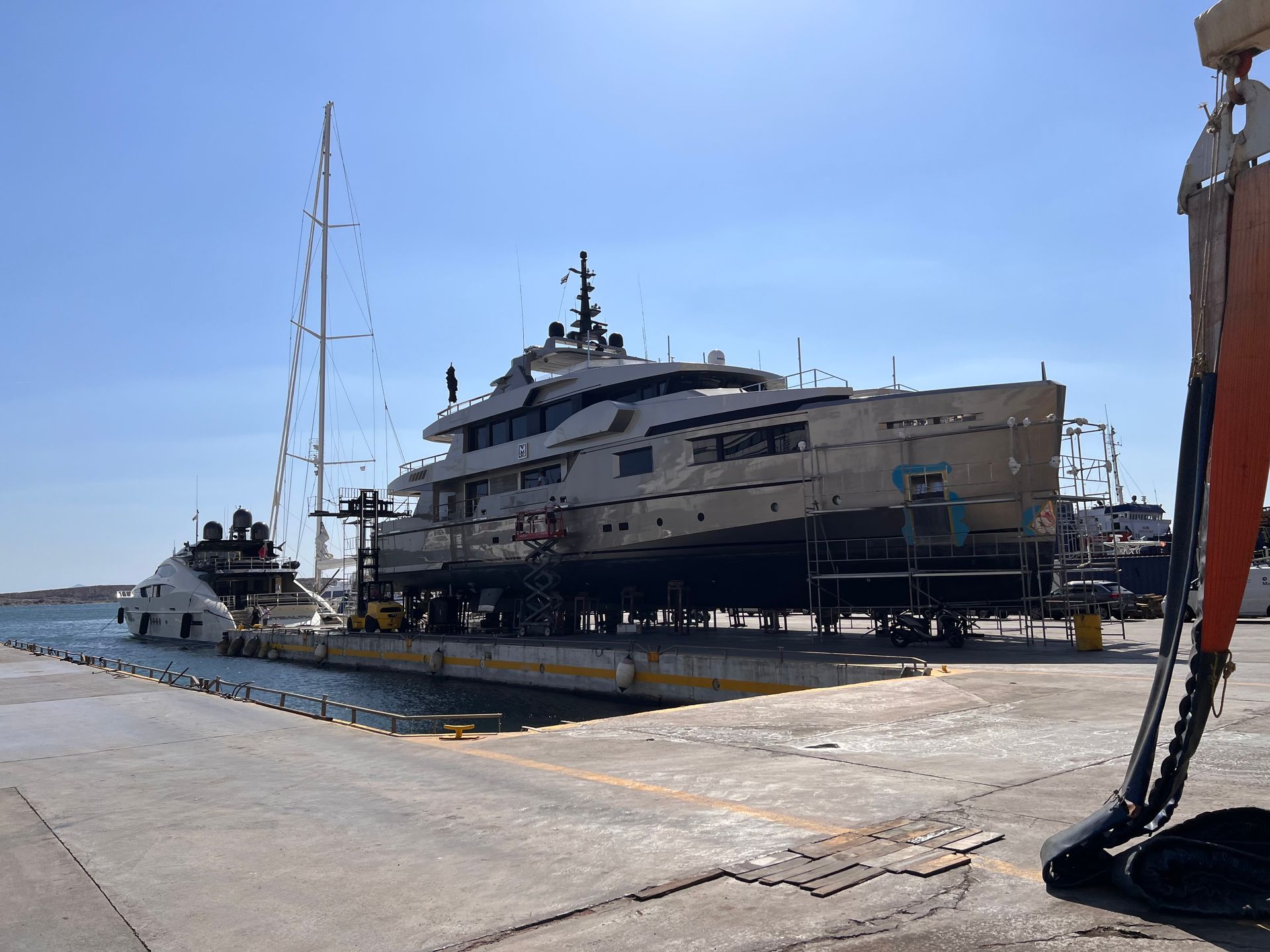The Marine Trades
The Marine Trades sector
The Marine Trades sector encompasses a wide range of activities that support and enable the movement of goods and people by sea.
Some of the key components of these activities are below:
Core Shipping Activities:
These include the actual transportation of cargo (freight shipping) and passengers. This can involve various types of small to large vessels, such as container ships, tankers, bulk carriers, and cruise ships. It also includes the routes these ships take, and the companies that own and operate them. There are also the smaller in nature Yachting vessels than can be from the small sailing vessel to the large super yachts mostly used for the commercial yachting sector and for personal/private use.
Supporting Industries:
The Shipbuilding and Repair sector is crucial for the construction and maintenance of the global fleet. It involves everything from designing and building new ships to repairing and refitting existing ones. Contractors and sub-contractors of all sorts operate within this sector and are operating in either shipyards or independently in their own premises.
• Boat and Ship Building & Manufacturing: This involves the design, construction, and assembly of new vessels. It includes specialized skills such as naval architecture, welding, fabrication (in materials like fiberglass, aluminum, steel, and wood), and the installation of a vessel's foundational structures.
• Maintenance and Repair: A significant portion of marine trades focuses on the upkeep and repair of existing vessels. This includes:
- Marine Mechanics/Technicians: Servicing and repairing engines (inboard and outboard), propulsion systems, and other mechanical components
- Marine Electricians: Installing, maintaining, and repairing electrical systems, navigation equipment, and onboard electronics.
- Hull Maintenance: Repairing and maintaining the structural integrity and finish of boat hulls, including fiberglass repair, painting, and anti-fouling applications.
- Rigging: For sailing vessels, this involves the installation, maintenance, and repair of masts, spars, sails, and associated hardware.
- Shipwrights: Skilled craftspeople who build and repair wooden or other types of vessels, often with a deep knowledge of traditional and modern boatbuilding techniques.
Marina and Boatyard Operations:
These facilities provide essential infrastructure and services such as docking, storage, haul-out services, fueling, and often house various marine trade businesses.
Marine Equipment and Supplies:
This includes businesses involved in the sale, distribution, and installation of marine parts, accessories, safety equipment, electronics, and chandlery.
Boat/Ship Sales and Brokerage:
Professionals facilitating the buying and selling of new and used vessels.
Commercial Fishing Support:
While commercial fishing itself is a distinct industry, many marine trades provide essential support, including the construction, repair, and outfitting of fishing vessels and their specialized gear.
Marine Tourism and Charter Support:
Businesses that maintain and service vessels used for tourism, charters, and other recreational water activities.
In essence, Marine Trades represent the skilled workforce and businesses that form the backbone of the boating and maritime community, ensuring vessels are built to high standards, operate reliably, and remain seaworthy throughout their lifecycle.
Ports and Logistics:
Ports are essential hubs in the shipping industry. This sector involves: (a) Loading and unloading cargo, (b) Storage and warehousing, (c) Customs and documentation and (d) Inland transportation connections (trucks, trains), (e) Marinas and fishing ports (Yachting and fishing).
Ancilliary Maritime Services:
These include a broad range of services, such as: (a) Navigation and communications support, (b) Marine insurance, (c) Maritime law and regulations, (d) Ship brokering for sales and purchase, (e) Chartering operations for shipping and or yachting (f) Management services, (g) Technical support and survey services, etc.
Certain Related Activities Can also be included:
Dredging of waterways, and the manufacturing of marine equipment, etc.
The Marine Trades Explained
In essence, the marine trades sector is the network of businesses and activities that make maritime transport/trade possible. It is a vital part of the global economy, facilitating local and international trade and connecting people and regions.

